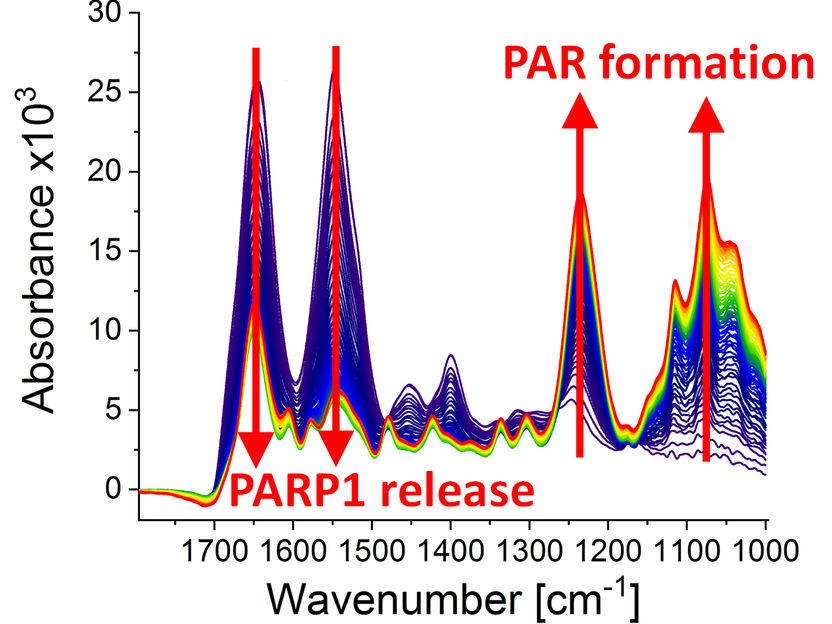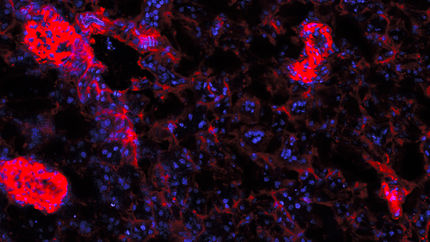New data demonstrate early treatment with a combination of Enbrel and methotrexate can prevent rheumatoid arthritis progression
New data from the COMET trial, published in arthritis & Rheumatism, demonstrate that combination therapy with etanercept and methotrexate over two years achieved radiographic remission in 90 per cent of evaluable subjects with early active rheumatoid arthritis (RA). The results also showed that the combination therapy leads to a reduction in joint pain and swelling to achieve clinical remission in 57 per cent, and functional remission in 62 per cent, of evaluable subjects with early active rheumatoid arthritis.
The COMET trial (Combination of Methotrexate and ETanercept in Early Rheumatoid Arthritis) is the first major study of early RA with a biologic to use clinical remission as a primary endpoint and to evaluate the effects of etanercept on two additional key measures of remission: radiographic non-progression and physical function.
The two-year results from COMET demonstrate that continuous combination therapy with etanercept and methotrexate for 24 months leads to a significantly higher proportion of subjects achieving radiographic non-progression when compared to the other treatment arms. However, adding in etanercept after one year of methotrexate monotherapy also results in a reduced rate of radiographic progression, but this is not as great as when subjects are treated early with etanercept and methotrexate combination therapy.
“These results are important not only for patients but also may set the standard for the way physicians manage rheumatoid arthritis overall,” says Professor Paul Emery, lead COMET trial investigator and Professor of Rheumatology, University of Leeds, UK. “This study proposes a new therapeutic window of opportunity in which early treatment of rheumatoid arthritis with anti-TNF agents may not only modify the underlying disease processes, but halt the destruction of joints, and prevent joint damage from getting worse over time.”
The COMET trial is a double-blind, randomised, multinational, two-year study which enrolled 542 patients with active early RA. The trial consisted of two 12-month treatment periods, with patients randomised into the following four groups: 1) etanercept 50 mg plus methotrexate for 24 months; 2) combination therapy for 12 months followed by etanercept alone for 12 months; 3) methotrexate alone for 12 months followed by combination therapy for 12 months; 4) methotrexate for 24 months.1 The two-year data build on the one-year results, previously published in The Lancet.
Combination therapy continued to be well tolerated with no new safety signals throughout the two years. The most common adverse events reported throughout the trial were consistent with other RA clinical trials of etanercept and included injection site reaction, infection, and headache. Similar to the one-year data, there were no differences in rates of serious infections or malignancies among patients in the etanercept plus methotrexate group compared with the methotrexate-only group after two years. No cases of tuberculosis or demyelinating disease were reported.
Most read news
Topics
Organizations
Other news from the department research and development

Get the life science industry in your inbox
By submitting this form you agree that LUMITOS AG will send you the newsletter(s) selected above by email. Your data will not be passed on to third parties. Your data will be stored and processed in accordance with our data protection regulations. LUMITOS may contact you by email for the purpose of advertising or market and opinion surveys. You can revoke your consent at any time without giving reasons to LUMITOS AG, Ernst-Augustin-Str. 2, 12489 Berlin, Germany or by e-mail at revoke@lumitos.com with effect for the future. In addition, each email contains a link to unsubscribe from the corresponding newsletter.
Most read news
More news from our other portals
Last viewed contents






















































